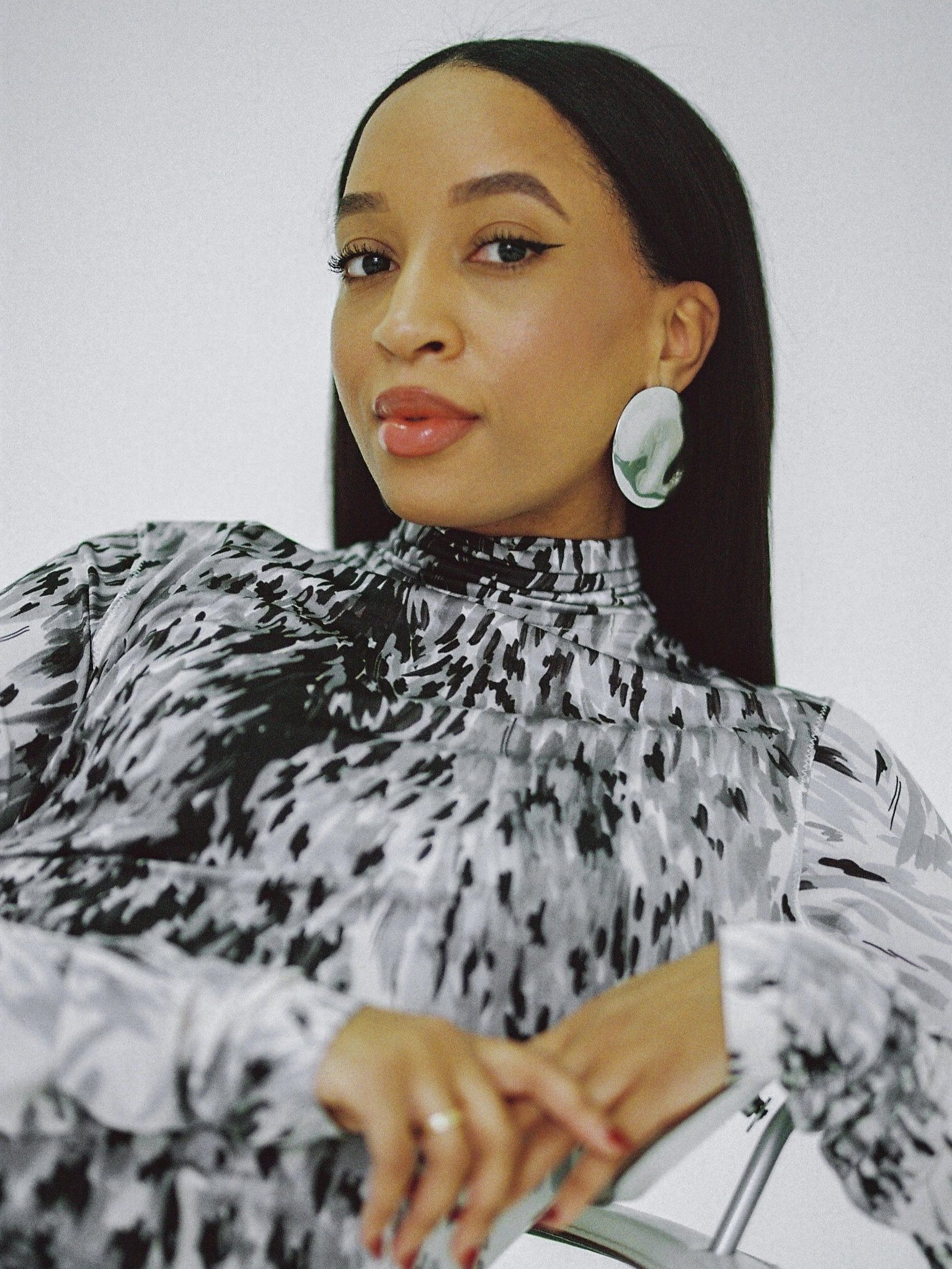Mentorship Misconceptions: A Conversation with FÉ’s Founder, Stephany Goncalves
At FÉ, we believe mentorship is more than a title or a one-size-fits-all format. It’s about presence, real connection, and perspective. In this interview, our founder, Stephany Goncalves, reflects on her own path, breaks down popular myths, and offers a more human definition of what mentorship can look like — in action.
Whatever it is, the way you tell your story online can make all the difference.
On Her Current Mentorship Practice
“To me, mentorship means being a listening ear. Not just for what’s being said, but for what’s not being said. It’s about asking the right questions, building confidence through positive guidance, and offering honest accountability as a mirror in someone’s development.”
Why Mentorship Matters Now
“There’s a real support gap across industries. People are navigating transitions without the tools or clarity they need. I created FÉ because I personally experienced what it feels like to be unsupported — as a student, a manager, and a woman building in multiple industries. Mentorship is one of the most powerful, human ways we can close that gap.”
What We Often Get Wrong About Mentorship
“There’s this idea that mentorship is a one-way street — a senior expert passing down wisdom. I used to believe that too. I thought a mentor had to be prestigious, far ahead in their journey. But over time, I’ve learned that the most impactful mentors are often just a few steps ahead. They bring presence, lived perspectives, and relevant clarity — not just career advice or a perfect résumé.”
What Mentorship Actually Looks Like
“There’s no set structure. It could be a 20-minute call. A thoughtful voice note. An ongoing, trust-based relationship. Mentorship adapts — it should meet people where they are.”
“Mentorship is a table where your presence matters, your voice is heard, and there’s space to grow, reflect, and be seen.”
Making Mentorship More Authentic
“We need to normalize it. Make it feel human. At FÉ, we’re intentional about showing mentorship in different forms — peer-to-peer, reverse mentorship, group models. And we’re training people to become mentors, not just experts. It’s about skills like listening, boundary-setting, and creating space — not just giving advice.”
Advice for Someone Unsure About Mentorship
“Start with curiosity, not comparison. Ask: What am I working through right now? Who could help me see it differently? That’s where real mentorship begins — not in asking for help, but in opening a conversation.”
“Mentorship isn’t perfect. But when done with care, it becomes one of the most generous acts of leadership. Success lies in the doors we open for others — even while still walking through our own.”



